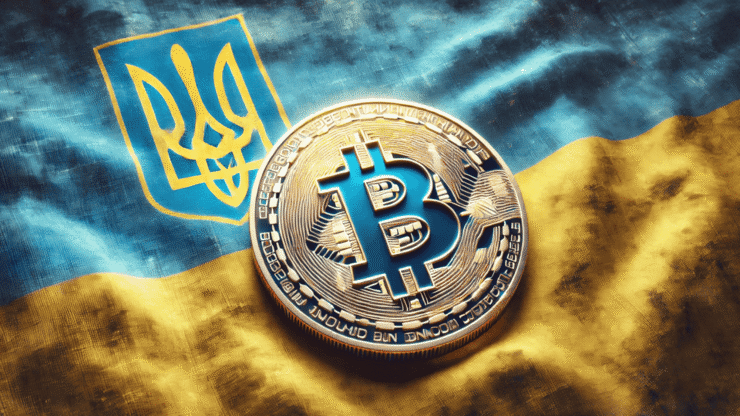Ukraine is nearing the completion of a landmark legislative effort that could make it the next nation to formally adopt Bitcoin as part of its national reserves. The proposed bill, now in its final drafting phase, comes as the country continues to navigate the economic strains of its ongoing war with Russia.
According to Member of Parliament Yaroslav Zhelezniak, the initiative is being shaped with input from the local crypto sector and will soon be introduced to parliament. Zhelezniak confirmed the development during the CRYPTO 2025 conference in Kyiv, stating that the legislation would allow for the formal creation of cryptocurrency-backed state reserves.

If passed, the move would position Ukraine among a growing group of countries turning to Bitcoin as a strategic asset—a hedge against currency instability and a symbol of financial sovereignty in the digital age.
Trump’s Bitcoin Pivot Sparks Global Government Interest
The idea of Bitcoin as a sovereign reserve asset has accelerated on the global stage since the re-election of U.S. President Donald Trump. On March 7, Trump signed an executive order establishing a national Bitcoin reserve, using BTC seized from criminal investigations as the program’s foundation. The move marked a historic shift in U.S. financial policy—and one that is already inspiring action abroad.
Just weeks later, Swedish Member of Parliament Rickard Nordin published an open letter urging the country’s finance minister to consider adopting Bitcoin as a strategic hedge against inflation. Citing growing international momentum, Nordin argued that Sweden must not fall behind in embracing digital assets as part of its fiscal toolkit.
Ukraine now appears poised to join this emerging trend. While its draft bill to introduce a national Bitcoin reserve is advancing, legal experts caution that the path ahead may be complex. Kyrylo Khomiakov, Binance’s regional head for Central and Eastern Europe, Central Asia, and Africa, noted that meaningful legal reform will likely be necessary to support full-scale implementation. Still, the legislative momentum in Kyiv suggests that crypto is becoming increasingly central to national economic planning.
“We commend Ukraine’s ambition to establish a strategic crypto reserve,” he said.
“Implementing such a reserve would necessitate significant legal changes, indicating that this process will not be swift.”
Critics Question Bitcoin Push During Wartime Crisis
According to Daniil Getmantsev, head of the Ukrainian Parliament’s tax committee, the legislation would solidify the legal status of cryptocurrencies and establish a taxation framework.
One of the key proposals includes taxing certain crypto transactions—specifically, converting crypto into fiat—at personal income rates of up to 23%. However, crypto-to-crypto trades and transactions involving stablecoins would be excluded from this rule.
Despite these regulatory strides, the initiative has drawn skepticism from within Ukraine’s crypto sector. Michael Chobanian, founder of the Kuna crypto exchange, questioned the timing of the Bitcoin reserve proposal and the broader regulatory push, citing the nation’s deep fiscal and demographic challenges.
“The country is broke. More than 50% of the budget is in grants and loans from the European Union,” said Chobanian.
“The population is decreasing at the fastest rate in the world. Men are kidnapped and sent to the army against their will. What kind of BTC reserves are we talking about here? This is done only to divert your attention.”
Quick Facts
- Ukraine is finalizing a bill to allow Bitcoin-backed national reserves, positioning the country as a potential crypto pioneer during wartime.
- The legislation is backed by lawmakers and crypto industry leaders but would require major legal reforms to fully implement.
- If passed, Ukraine would join a growing list of countries, including the U.S., moving toward sovereign Bitcoin reserves.
- Critics argue the timing is poor, citing Ukraine’s reliance on foreign aid, ongoing war, and declining population as serious constraints.





